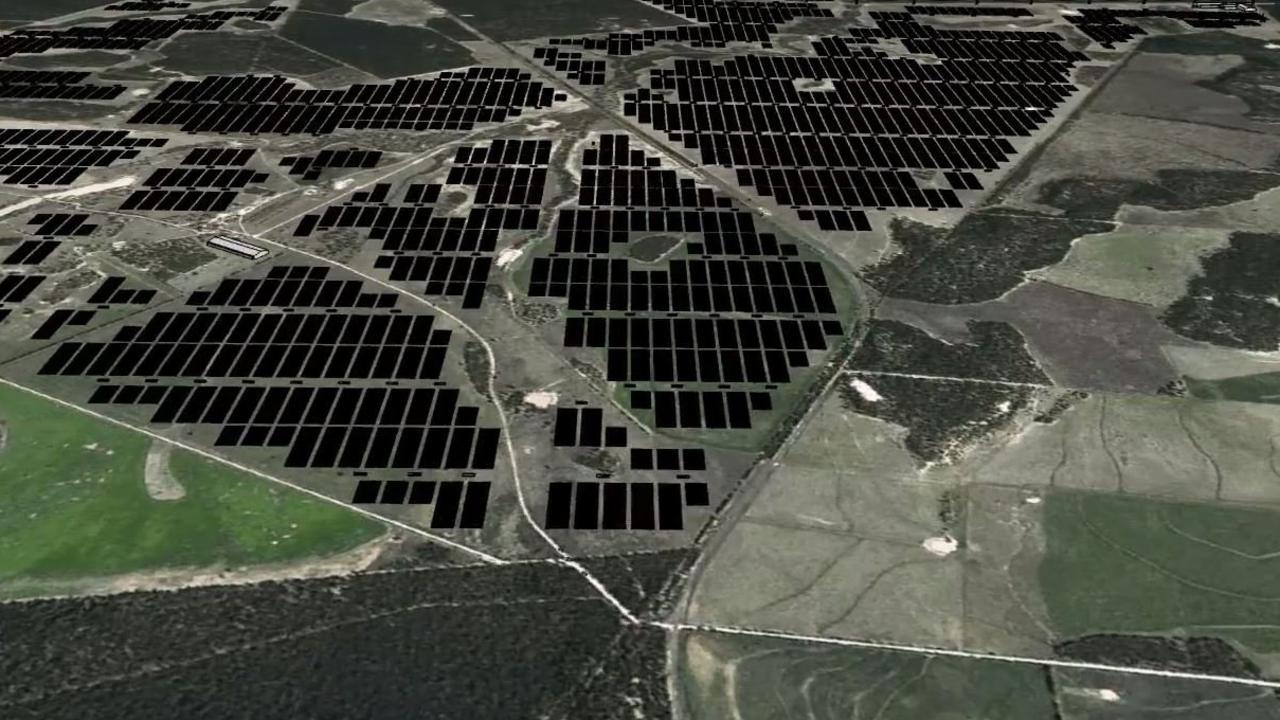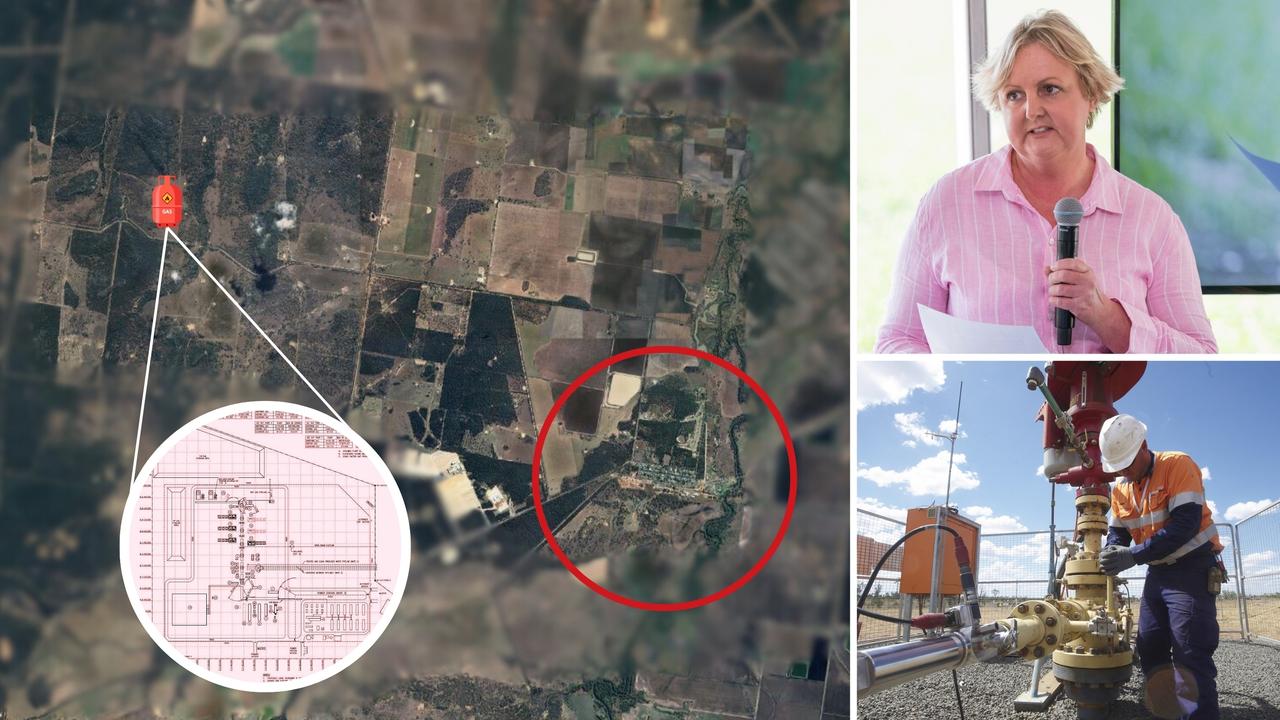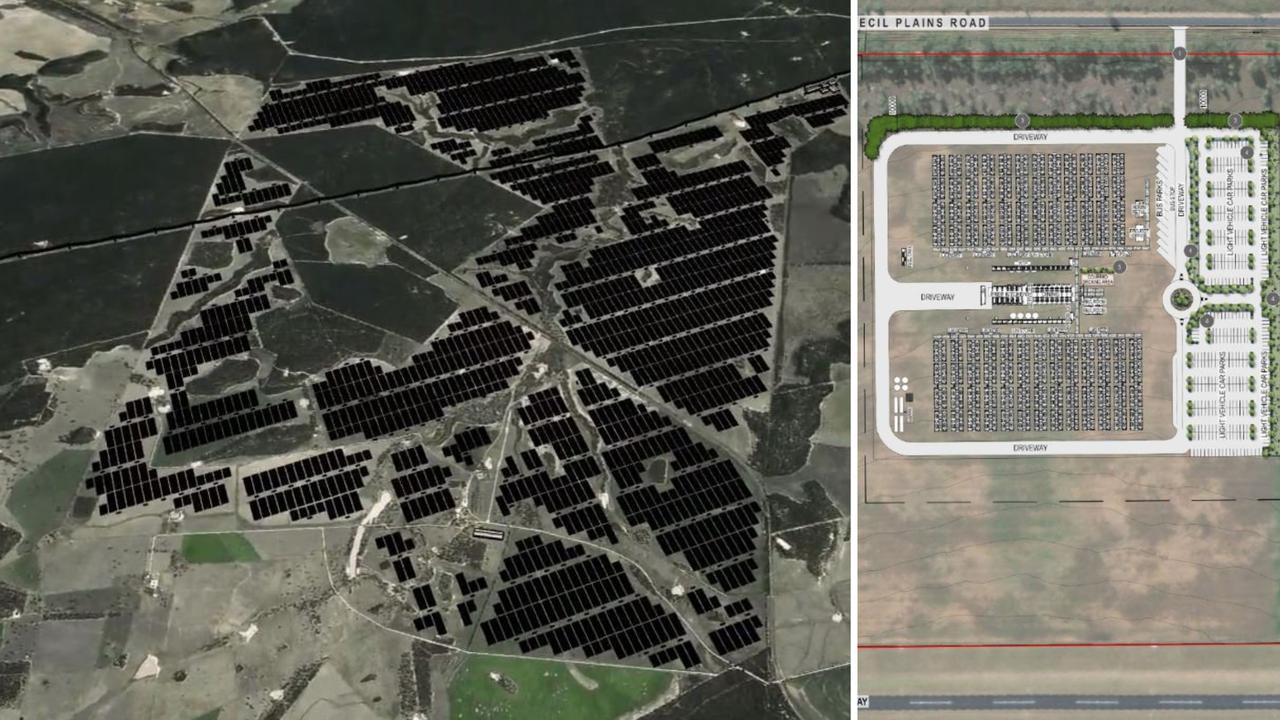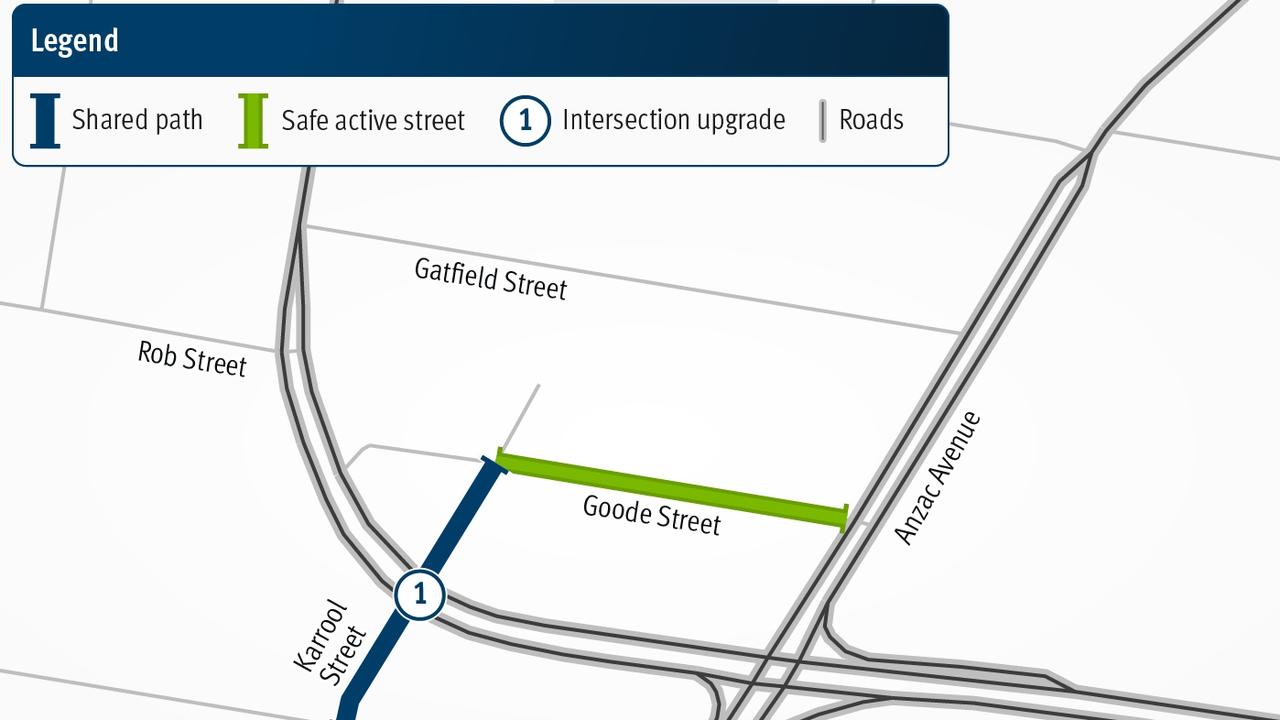Qld youth crime laws slammed as detention centres operate at unsafe levels
A new report has revealed that Queensland’s youth detention centres are operating above their safe capacity as experts fear the state’s harsher youth crime laws will lead to the mistreatment of children in watch-houses.
Development
Don't miss out on the headlines from Development. Followed categories will be added to My News.
Queensland’s youth detention centres are struggling to accommodate the high number of children in detention, “consistently operating above their safe capacity”, a report has found.
The report by the Queensland Audit Office found that the state’s three youth detention centres were operating at levels beyond the department’s target of 85 per cent.
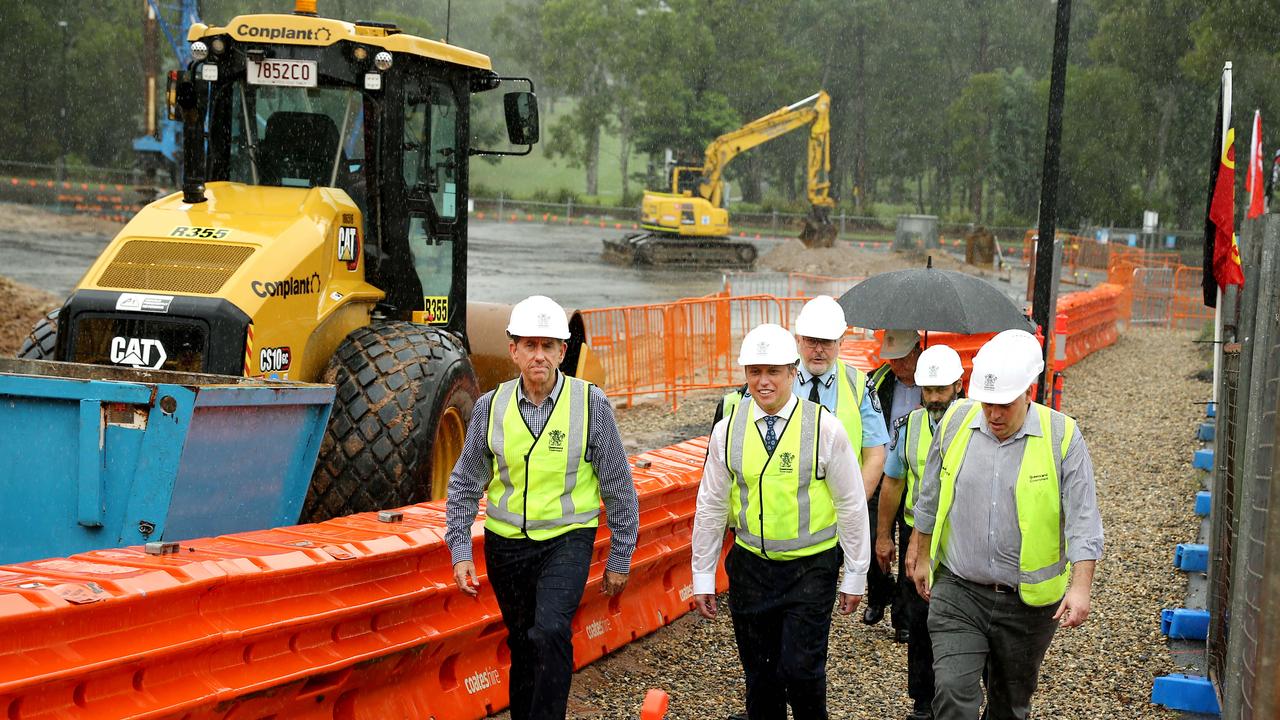
Experts fear the state government’s new youth crime laws, which passed in December last year, will lead to the mistreatment of children in watch houses.
Youth Advocacy Centre chief executive Katherine Hayes said that with the new laws she anticipated “a high number of overflow into the watch-house from the detention centres”.
Ms Hayes, who runs a centre that provides legal support to children in the youth justice system, said it was likely that children would be held in watch-houses for long periods of time.
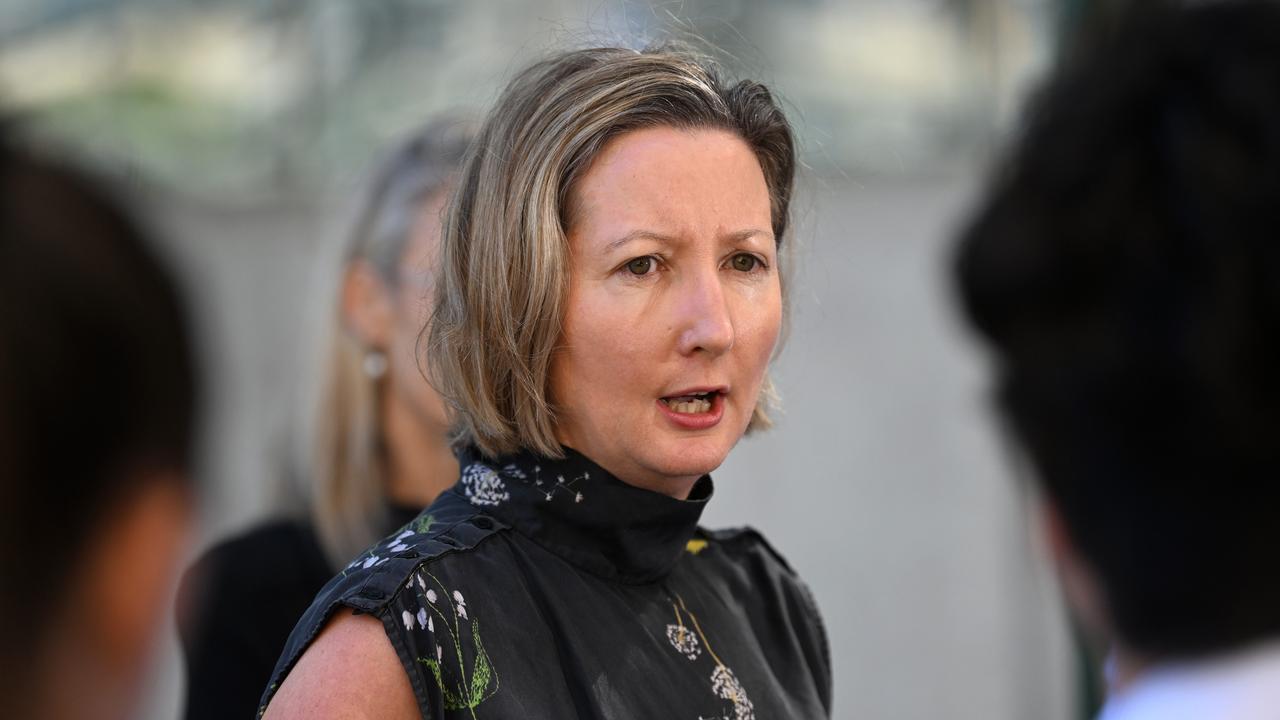
“That is a concern because the kids come out angry and not rehabilitated, and are more likely to continue to offend,” she said.
Ms Hayes said children tend to see a decline in their mental health after spending around 24 hours inside a watch-house.
In 2024, 259 youths were held in watch-houses for over two weeks and some, who were as young as 13, were held for as long as 30 days.
For this period of time, Ms Hayes said children were held in a small concrete box with no access to fresh air or daylight and no mental stimulation.
Boredom, she said, often leads to fights between youths as they are packed together with four kids to a cell.
For Hayes, the biggest concern is that children will “continue to offend because the underlying causes of their offending behaviour hasn’t been addressed”.
Queensland’s Human Rights Commissioner Scott McDougall said the harsher laws “will not make the community safer”.
“What seems to have been lost is the fact we are talking about children – some as young as 10 years old,” the commissioner said.
Mr McDougall said the harsher laws would also “further traumatise children” and harm “already marginalised … young people”.
In response to a youth crime outcry and capacity issues, the previous Labor state government announced that two new detention centres would be built in Queensland – one at Woodford, in the state’s southeast, and another in Cairns.
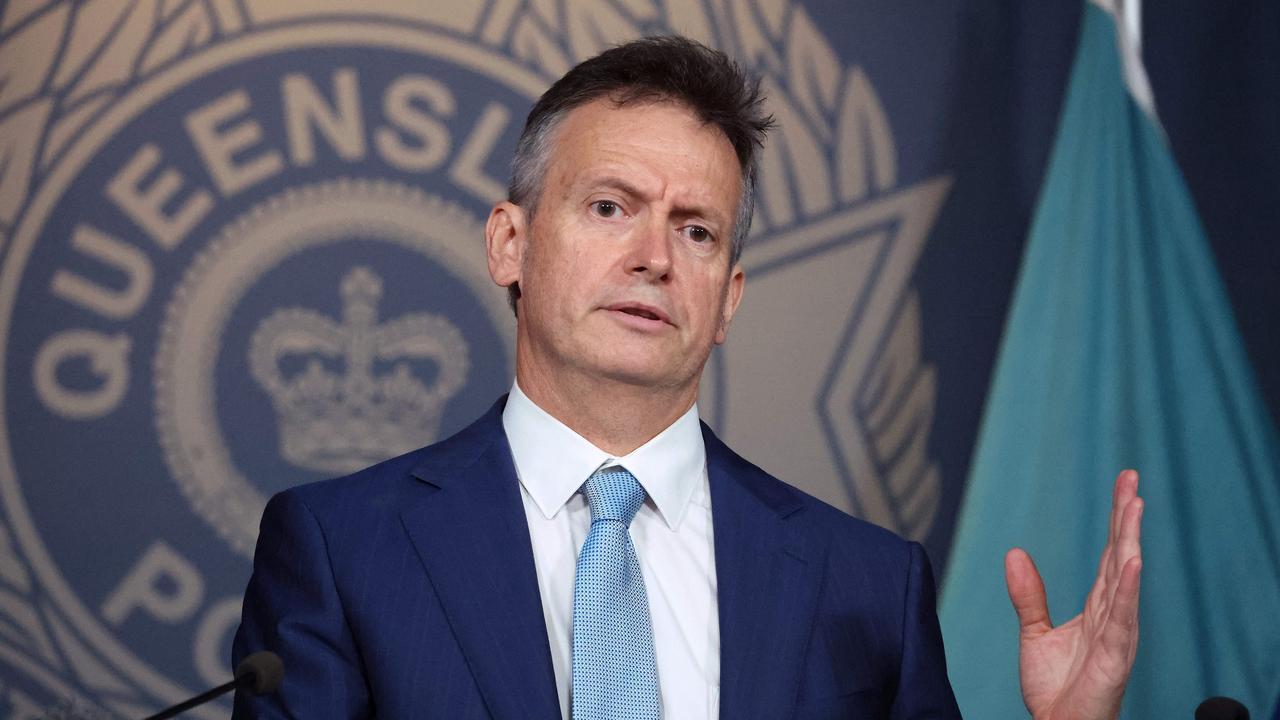
Construction on those facilities, however, is not due until 2026 and 2027.
The previous government also commissioned the construction of a 76-bed Youth Remand Centre at Wacol as an interim measure to ease some of the pressures on the state’s detention facilities.
The centre was originally due to have been completed in December last year, however, in comments made in parliament in November, the Corrections Minister Laura Gerber confirmed that the facility would not be built until mid this year.
The Queensland premier said late last year, before the new laws were passed, that while there may be “pressure in the short-term”, his government had a long-term plan to “deliver a raft of other detention facilities”.
When asked last week about the state’s incarceration capacity, the premier said that he did not “want to see kids in watch-houses”.
“We do want to see permanent facilities,” he told the ABC.
“There have been delays and poor planning.”
Mr Crisafulli also said that early intervention was key “to turn kids around before a lifetime of crime”.
But, according to Ms Hayes, current support services for children in detention remains limited.
She said that due to staffing issues and lockdowns, children were unable to access rehabilitation services and education.
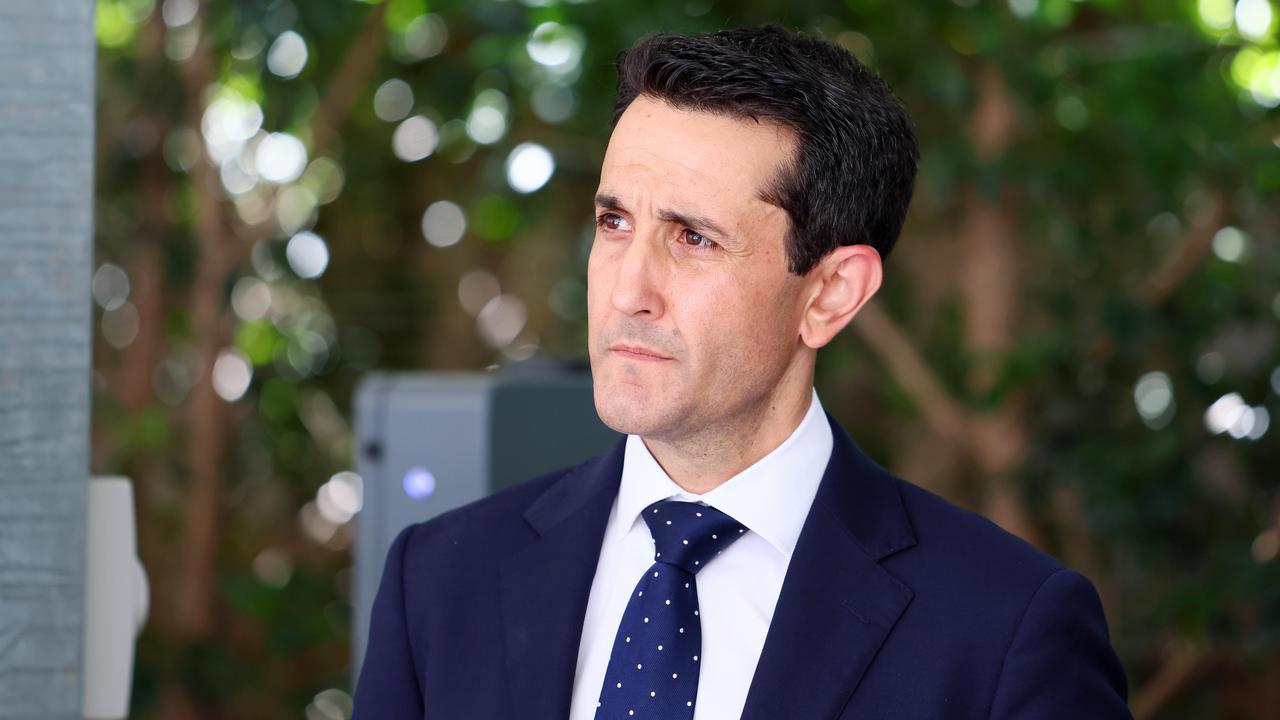
In Townsville, at the Cleveland youth detention centre, Ms Hayes said the facility was “in lockdown most of the time because of staffing issues and behavioural issues”.
“In Cleveland, for 294 days of the 2022-23 financial year, 80 per cent of the time they were in lockdown which just means they’re in their rooms by themselves with no rehabilitation or programs or education,” she said.
Asked how she would fix the problem, Ms Hayes said she would start with child safety and adequately fund services “that provide a connection between a young person and someone to guide them”.
She also said children who were at risk should be assessed for mental health conditions or cognitive problems and provided treatments “from when they’re very young to when they’re 18”.
To keep kids in detention, Ms Hayes said, costs $2000 per child, per day.
“To hold kids in detention is just an outrageous waste of money, and it doesn’t work.”
Ms Gerber declined multiple requests for comment.





